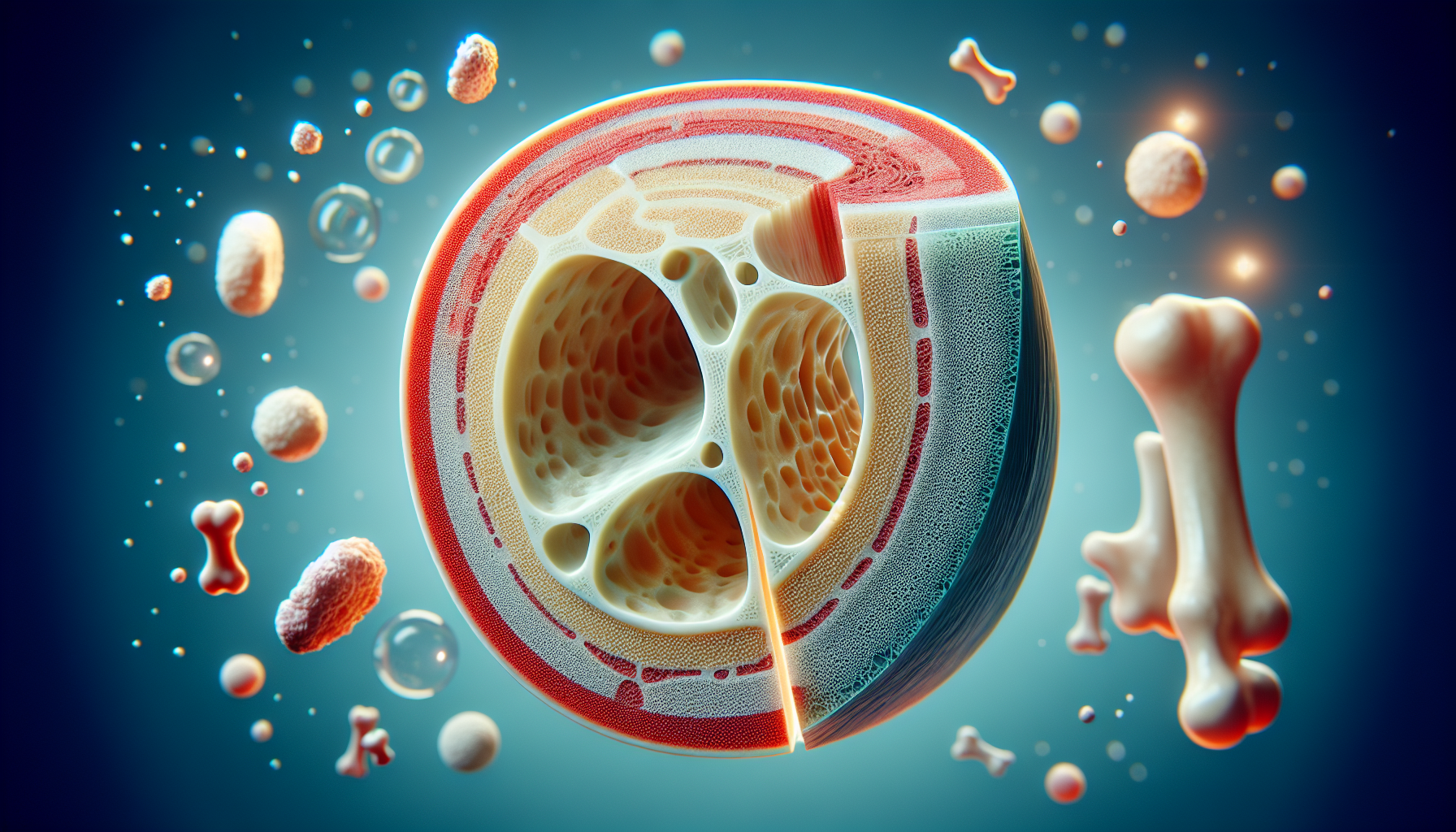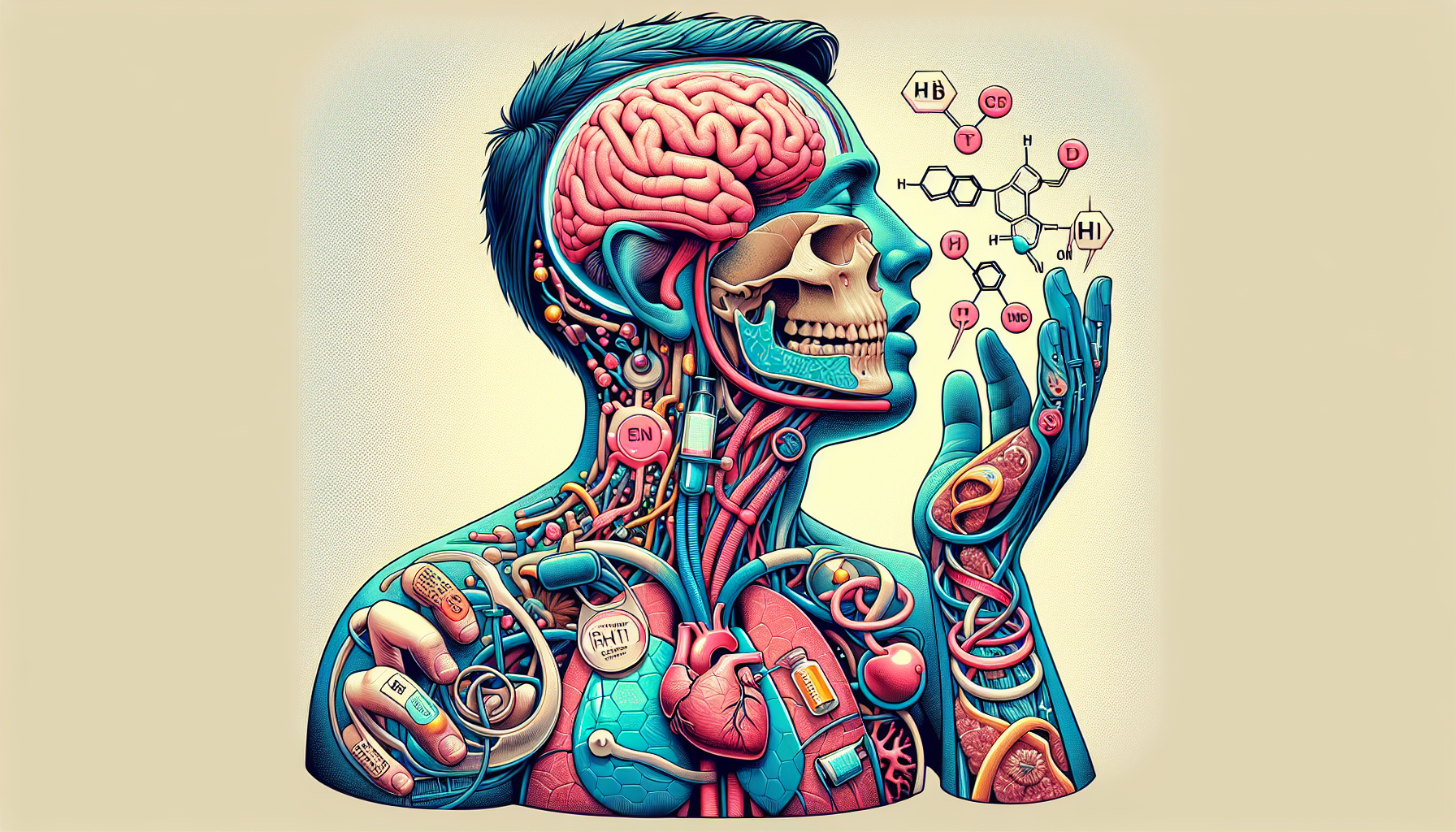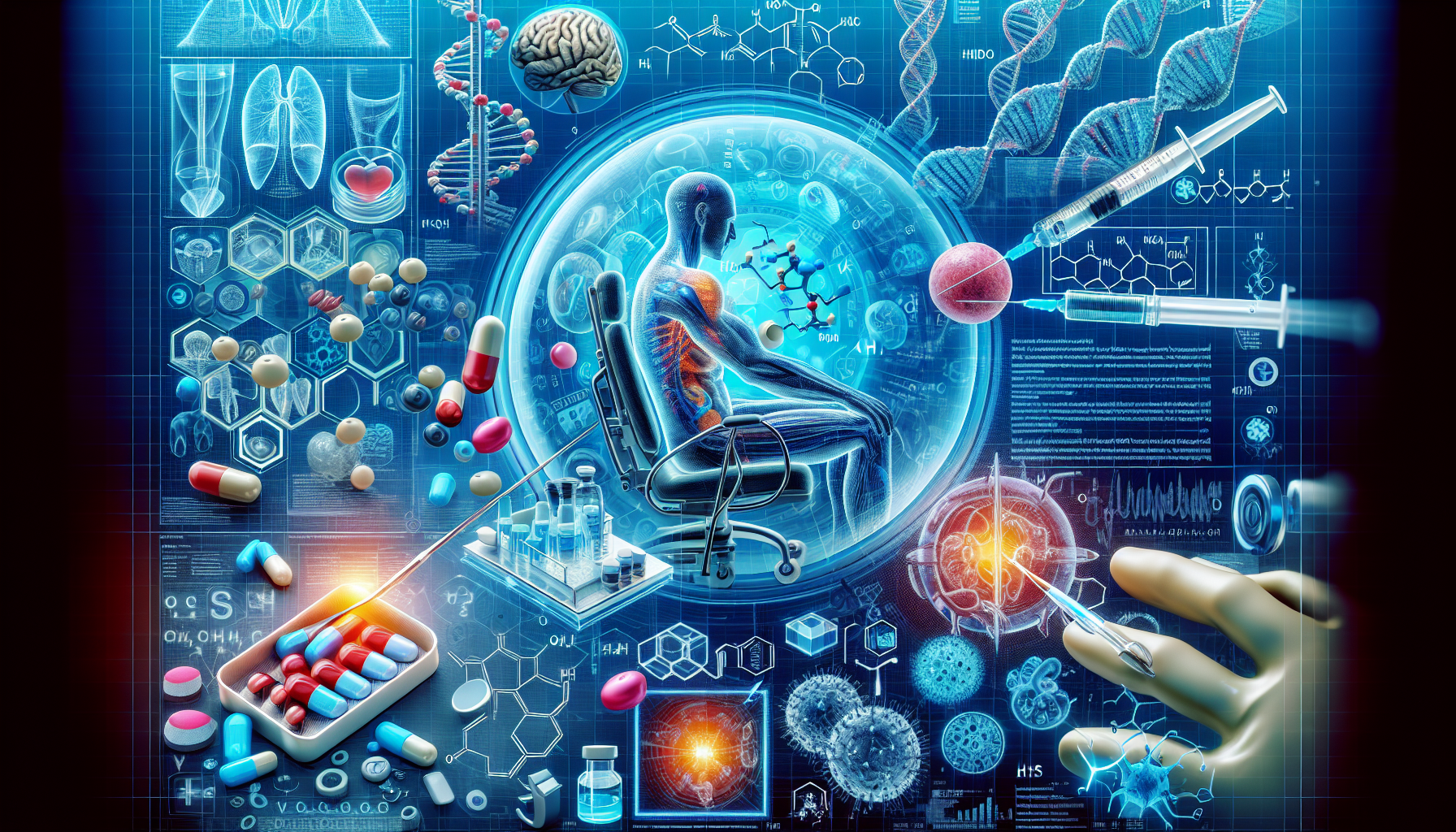New Therapeutic Hope for Muscular Dystrophy: Epic Bio's EPI-321
Key Takeaways
- Epic Bio presents new data for FSHD therapy at a major conference.
- EPI-321 aims to treat FSHD by restoring methylation and inhibiting the DUX4 gene.
- The therapy uses a non-cutting DNA method for safer genetic modifications.
Did You Know?
Introduction to Epic Bio and FSHD
Epic Bio, a pioneering company in the field of epigenetic editing, will be presenting new data on their lead candidate, EPI-321, at the FSHD International Research Congress. This event is scheduled for June 13-14, 2024, in Denver, Colorado.
The Breakthrough Therapy: EPI-321
EPI-321 is an innovative epigenetic therapy designed to treat facioscapulohumeral muscular dystrophy (FSHD). It aims to address the fundamental cause of FSHD by restoring the natural methylation process in the D4Z4 region of chromosome 4 and preventing the harmful expression of the DUX4 gene.
Unlike traditional gene-editing techniques that cut DNA, Epic Bio’s Gene Expression Modulation System (GEMS) uses a small Cas protein that operates without cutting DNA. This allows for safer and more targeted genetic modifications.
Clinical Presentation at the Conference
At the upcoming conference, the company will present updated efficacy and safety data for EPI-321. These data have been updated from a recent presentation at the 2024 ASGCT Annual Meeting.
The oral presentation, to be delivered by Alexandra Collin de l'Hortet, is titled “Efficacy and Safety of an Investigational Single Dose Epigenome Editing Therapy, EPI-321, Targeting D4Z4 in Facioscapulohumeral Muscular Dystrophy (FSHD)” and will provide in-depth details on how EPI-321 works, its efficacy, and safety metrics.
Mechanism of Action
EPI-321 works by delivering the therapy to muscle tissues using a single AAV vector named AAVrh74. This vector has been clinically proven to be efficient in delivering therapies to muscle tissues.
Preclinical studies have shown that EPI-321 can effectively suppress the toxic expression of the DUX4 gene and promote the survival of muscle cells. This presents a promising new treatment pathway for patients suffering from FSHD.
The Broader Implications for Epigenetic Therapy
Epic Bio's technology extends beyond just treating FSHD. The company is also working on therapies for other genetic disorders such as alpha-1 antitrypsin deficiency (A1AD) and heterozygous familial hypercholesterolemia (HeFH).
The ability to modulate gene expression without cutting DNA opens up new frontiers in genetic therapies, potentially allowing for the treatment of a wide range of conditions with higher precision and safety.
Community and Collaboration
In addition to their presentation, Epic Bio will also be participating in panel discussions alongside community members affected by FSHD. These discussions aim to foster collaboration between researchers, clinicians, and those living with FSHD.
Such engagement is crucial for integrating patient and community perspectives into the development of new therapies.
Future Prospects
Epic Bio plans to begin clinical trials for EPI-321 later this year. If successful, this could usher in a new era of treatments for muscular dystrophies and other genetic disorders.
For more information on Epic Bio and their advancements, visit their official website.
References
- Epic Bio Official Websitehttp://www.epic-bio.com
- FSHD International Research Congresshttps://www.fshdsociety.org






